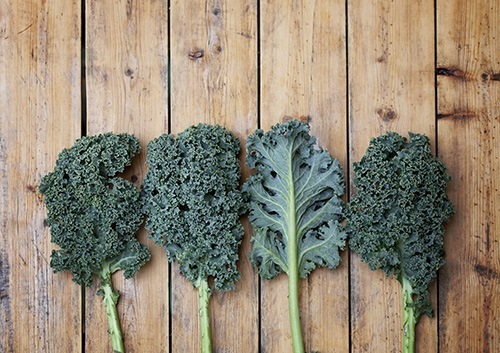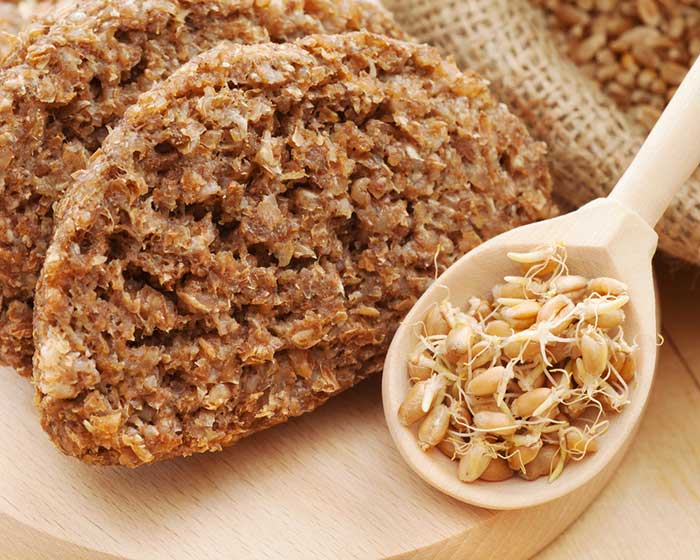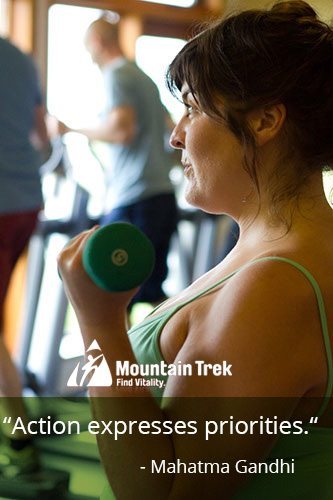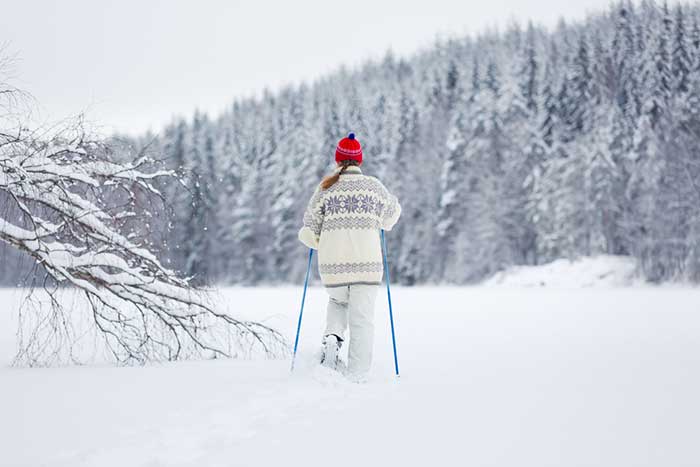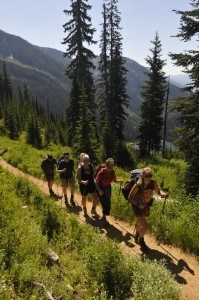By Jennifer Keirstead, Holistic Nutritionist
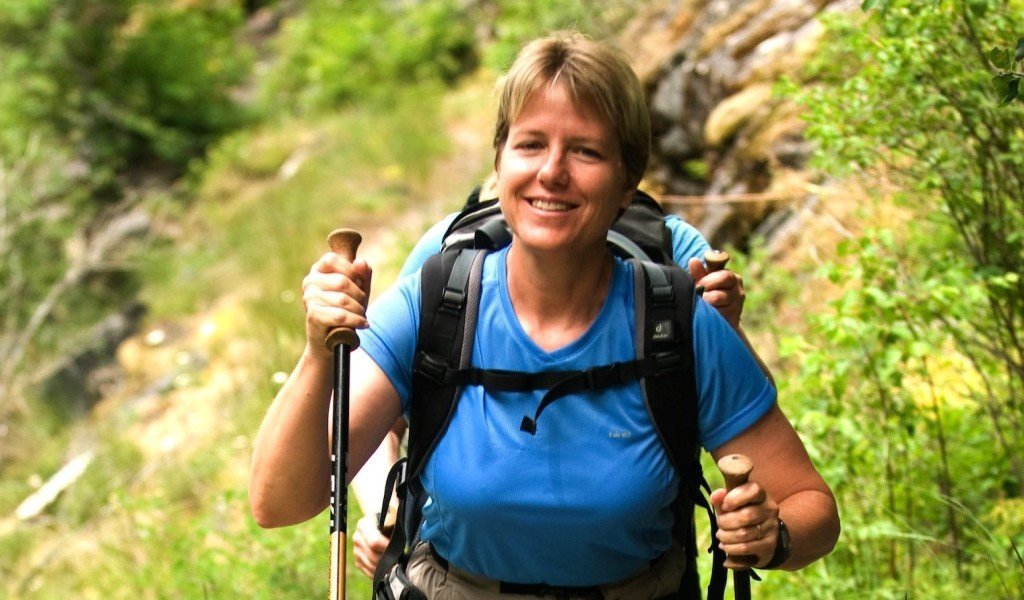
Listen to your body’s cues for health.
Listening for Clues to Health
The body’s ability to heal itself has always amazed me. I suffered from asthma my entire childhood and now I’ve been puffer-free for over 15 years. I attribute my healing to listening to my body’s cues. These are the little, hidden messages that your body gives you and is its way of communicating. My asthma was a clue, a sign of my body’s obvious distress–but I just wasn’t listening.
I had never linked my need for steroid puffers to my food choices.
We all have our own unique needs. Some of the most common barriers to healing I see in my practice are food-related or stress-induced. While inadequate sleep, food allergies, and toxic overload can be contributing factors as well.
Most people suffering from chronic pain and disease are handed a prescription. I believe the self-healing approach to illness involves identifying the cause of the pain; emotional or physical. My experience has been that addressing the cause of the pain at all of the emotional, mental and physical levels brings about the most successful long term results. By addressing the underlying causes, rather than chronically masking the symptoms with medications we allow our body to heal itself.
Taking Time to Heal
There are several approaches one can take to heal themselves naturally. One important component is to remember that true healing takes time.
Begin by seeking out a healthcare professional to help discover what the root causes are. From there, create a day-to-day approach, integrating/removing one thing at a time. This tends to be less intimidating than trying to navigate everything, all at once, on your own.
Symptoms are gifts
Like life itself, our body sends messages to us daily. This feedback conveys valuable information. Listening provides insights and a deeper understanding of ways to improve our own personal health.
Drugs and other medications, which suppress symptoms, can convey a false sense of healing. Then, we may not bother to search for reasons, or to ask “why?” While drugs may certainly have a place for certain cases, pharmaceutical drugs come with their own side effects.
Just think how comforting it is to know and trust in the fact that the body is inherently programmed for healing. But, to let the body do this important work, we must allow it time and we must be patient. We do our part by adopting a sense of trust rather than fear, as we provide for ourselves simple healing balms like good food, rest and sleep, fresh air and sunshine, exercise, as well as a sense of gratitude – as well as enough time and space to connect with ourselves.
“The body is a master at self-healing. Its natural blueprint of healing wisdom is far too complex for us to completely unravel. And, that is good. It allows us to replace fear with trust. All we need is to appreciate that simple nutritional and lifestyle habits attuned to nature can do much to restore and support the body’s inherent harmony and congruency.” –Carol Kenney, Ph.D. in the Science of Natural Health
We can all heal our bodies naturally. The key is to listen to what it needs.
What is Mountain Trek?
Mountain Trek is the health reset you’ve been looking for. Our award-winning retreat, immersed in the lush nature of British Columbia, will help you unplug, recharge, and roll back years of stress and unhealthy habits. To learn more about the retreat, and how we can help you reset your health, please email us at info@mountaintrek.com or reach out below:


